Now is the best time to become a pilot. There is no denying that Covid-19 has had an utterly devastating effect on the aviation industry. At the height of the pandemic, economic losses to the global aviation industry amounted to $200 BILLION. The effects were felt far and wide, and one doesn’t have to look far to come across someone who is either unemployed or has left aviation completely.
Even now, 2 years on in 2022, the repercussions are still being felt and will continue to be felt for years to come. The war in Ukraine and inflation troubles many countries are experiencing has only added to the difficult situation that aviation finds itself in.
With all this doom and gloom, you may be forgiven for thinking I have gone completely mad when I say now is probably the best time to become a pilot. During the course of this article, I’ll be explaining why I think the time is right to become a pilot.
1. The recovery has already started to take place.
Global flight volumes have already started to regain pre-Covid levels and on occasion even surpass 2019 figures. While aviation still has a long way to go until one can consider the industry as having “recovered fully”, there are definite signs of recovery.
A quick look on popular flight tracking website, Flightradar24, at the time of writing (May 2022) reveals statistics of daily flights in the tens of thousands. This is all very encouraging I’m sure you’ll agree.
2. The current pilot shortage.
Before the onset of Covid-19, the aviation industry was facing a major pilot shortage. Covid-19 had the effect of temporarily masking this shortage, but now that the industry attempts to recover and get back to profitability, the pilot shortage is becoming a fast reality.
In fact, it is firmly believed that the shortage will be even greater than before Covid-19! There is strong evidence to back this up.
At the onset of the pandemic, many airlines were forced to retrench staff in an effort to remain in business. Some airlines unfortunately went out of business altogether. There were mass levels of unemployment amongst pilots.
Many of the older pilots who were retrenched have either decided not to come back to aviation or have reached retirement age. Once again, if you are looking to start a career in aviation, this is an indicator that now may be the best time to become a pilot!
Let’s use a typical airline as an example and consider the make-up of the pilot pool within that airline. In order to cater for operational needs and to fulfil the schedule, an airline needs an average of 6 crews per aircraft. So, for each plane in the fleet, an airline needs about 12-15 pilots.
If 50% of the pilot pool was retrenched, the airline will need to conduct recurrent training for this 50% of pilots if they want to have a full schedule.
The problem is, within the remaining 50% of operational pilots, there will be a large amount of the airline’s instructors and check captains. These pilots are unable to conduct the training and fulfil the operational needs of the airline, and this is where the choke point is at the moment.
The result is that the airline is desperately short of pilots, and they find themselves needing to hire crew who are already current (it is cheaper to hire someone who is already current than it is to re-train a pilot who hasn’t flown for a while).
We are seeing higher levels of airline hiring at the moment as the bigger airlines seek to hire crews to fulfil their operational constraints. This has a knock-on effect on smaller operators throughout the industry. Once again, a good indicator that it is a good time to become a pilot!
3. The looming pilot shortage.
Several studies and forecasts have been carried out by various companies and aviation agencies regarding the future outlook for the aviation industry. Most of them seem to agree on one thing: there is going to be dire need for pilots in the years to come.
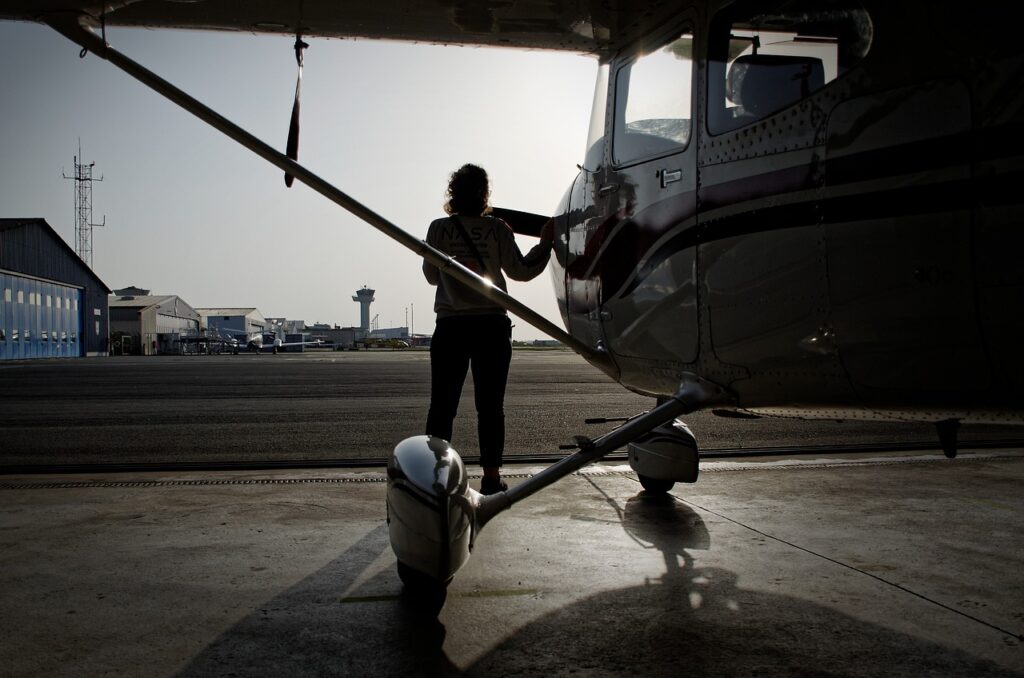
The looming pilot shortage Cont.
One of these forecasts was carried out by CAE Aviation (the largest flight training organisation in the world) in September 2020 as the Covid-19 pandemic was it its most severe.
Their report looked at the global pilot forecast for the 10-year period between 2020 and 2030 and their forecast makes for startling reading…
According to the CAE Aviation forecast, the global aviation industry will need an EXTRA 264 000 new pilots over the next 10 years.
This equates to SEVENTY newly qualified pilots A DAY for the next ten years. Yes, you read that right; 70 pilots a DAY for the next 10 years. This is just to keep up with the expected growth of the aviation industry and to cater for natural pilot attrition due to retirements etc.
This figure is backed up by the main aircraft manufacturers, Boeing and Airbus. Both manufacturers have order backlogs amounting to thousands of aircraft.
Boeing forecasts that for the 737MAX alone, they will be ramping up production to 59 planes a month. If each aircraft that gets produced needs an average of 6 crews per plane, it is clear to see that a massive pilot shortage is on the not-too-distant horizon.
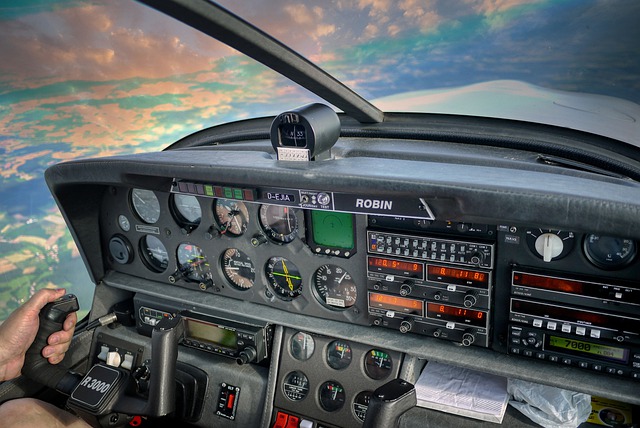
4. Starting now is good timing
With the anticipated need for pilots in the coming years, starting your flight training now is a good idea. It typically takes a student pilot an average of 18–24 months to go from beginning to fully qualified commercial pilot.
In 2 year’s time, the industry is expected to have fully recovered to pre-pandemic levels and healthy growth should be starting to be seen in many parts of the world.
A word of caution, though: upon qualifying as a commercial pilot, you won’t likely be immediately eligible for employment as an airline pilot.
The step-up to transport jet operations is not an easy one, and a newly qualified commercial pilot simply just doesn’t have the competencies required to operate large transport aircraft.
Do not despair, though; through structured training programs such as jet bridging courses or APS-MCC, you’ll be equipped with the competencies to make the step-up. One of these previously mentioned courses will stand you in good stead with potential employers.
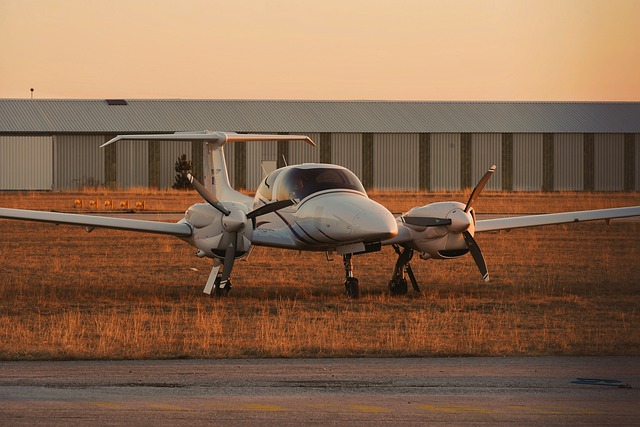
Conclusion
The past two years have been an incredibly tough time for everyone in the aviation industry, and a lot of negative sentiments still remain. It is plain to see from the evidence that there will be a need for pilots in the years to come. The fact that it takes time for a pilot to be fully trained and fulfil all the regulatory requirements means that this shortage cannot get filled overnight. If your goal is to end up flying professionally, starting your training now will give you a competitive edge in an industry that is extremely dynamic. As they say in the classics, “you snooze, you lose!” Now is a good time to become a pilot!
Ready to become a pilot?
If you would like to find out more about what it entails to become a pilot, the steps and process involved or any other industry related questions feel free to contact us. We are always available to speak to about the aviation industry and your career goals and how we can help you achieve them.
Should you be ready to start your aviation journey, why not start off the right way by signing up to our PPL or LAPL ground schools, learn at your own pace with our distance learning option, or join a in-person or virtual ground school and let your dreams take flight!



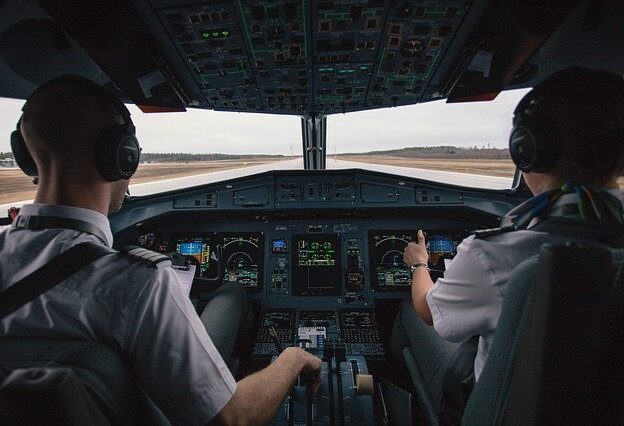
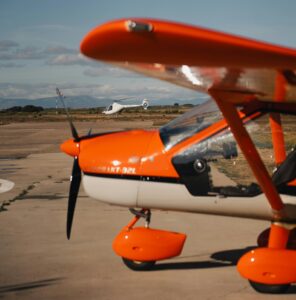

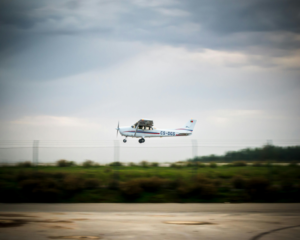

Responses